China's consumer prices rose at a slower pace in March, while the decline in factory gate prices widened, official data showed on Thursday.
The country's consumer price index, a main gauge of inflation, rose by 0.1 percent year-on-year in March, cooling from the 0.7 percent annual gain in February, the National Bureau of Statistics said.
NBS data showed the slower growth of consumer prices is mainly due to the fluctuations in food and travel prices.
Within the CPI, food prices dropped 2.7 percent year-on-year in March after a 0.9 percent annual contraction in February. The prices of pork - a staple for Chinese dinner tables – declined 2.4 percent in March following a 0.2 percent rise in February.
Notably, the growth in travel prices narrowed from 23.1 percent in February to 6 percent in March. Airline ticket prices dropped by 14.7 percent in March versus a 20.8 percent gain in the previous month.
On a month-on-month basis, the CPI dropped by 1 percent versus a 1 percent rise in February.
The growth in core CPI, which excludes volatile food and energy prices and is deemed a better gauge of the supply-demand relationship in the economy, rose by 0.6 percent year-on-year in March after a 1.2 percent rise in February.
Dong Lijuan, an NBS statistician, attributed the slower CPI growth to factors including declining post-holiday consumer demand and a well-stocked market, while the PPI declined due to the resumption of industrial production after the Spring Festival holiday as well as the sufficient supply of industrial products.
China's producer price index, which gauges factory-gate prices, dropped by 2.8 percent from a year ago in March, following a 2.7 percent fall in February, the NBS said.
On a month-on-month basis, the PPI dipped by 0.1 percent in March after a 0.2 percent drop in February according to the NBS.









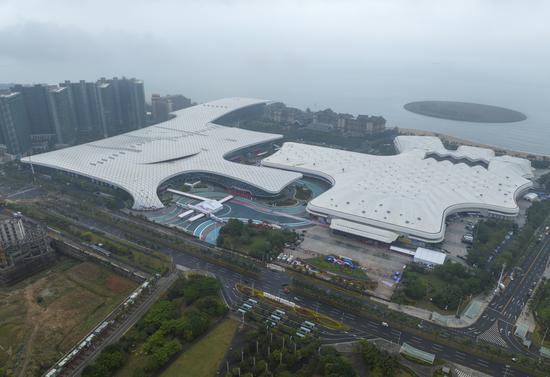


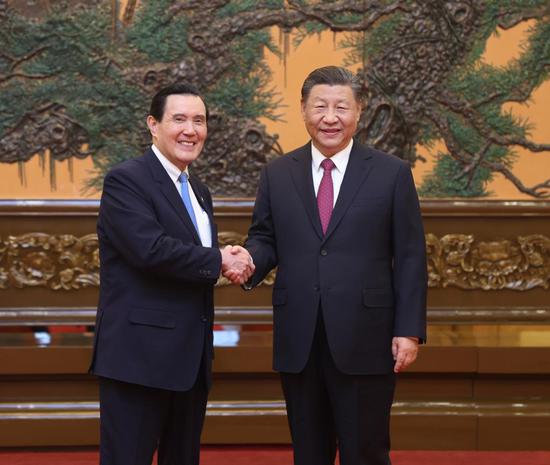

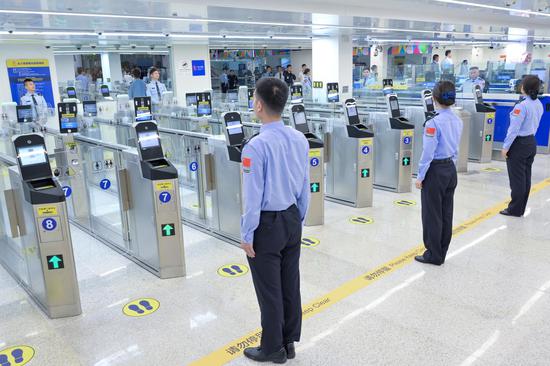












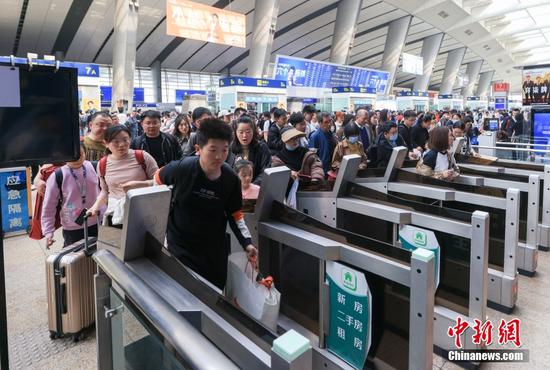
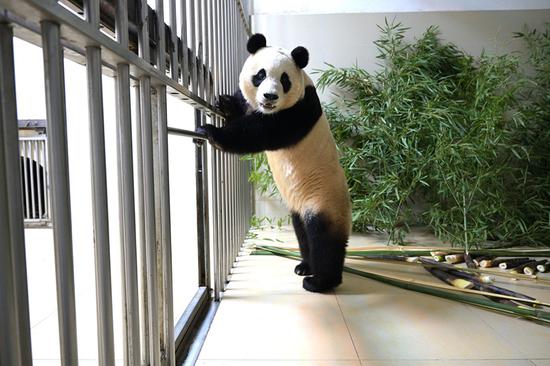





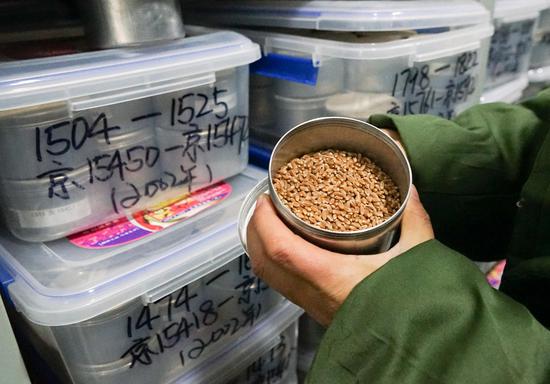
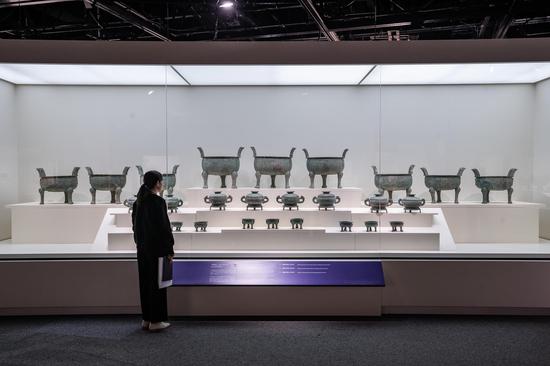

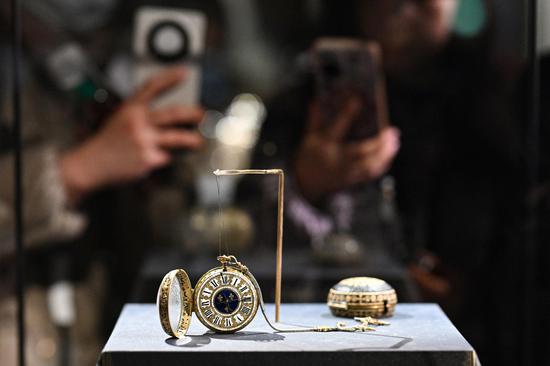

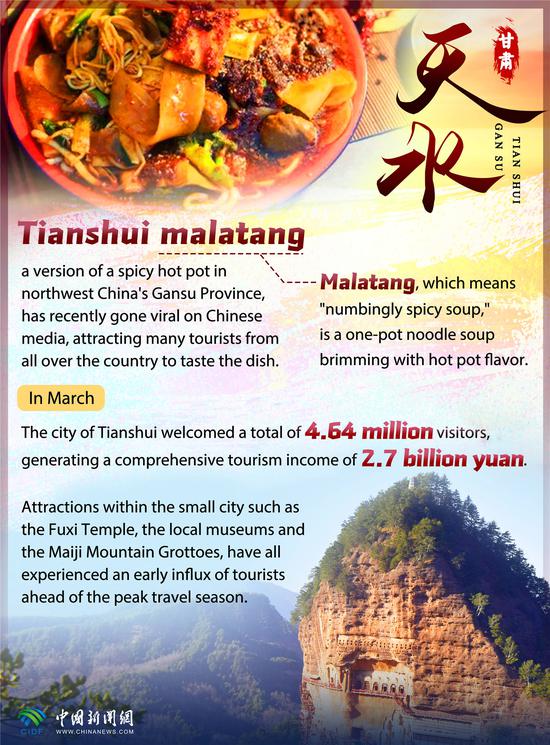
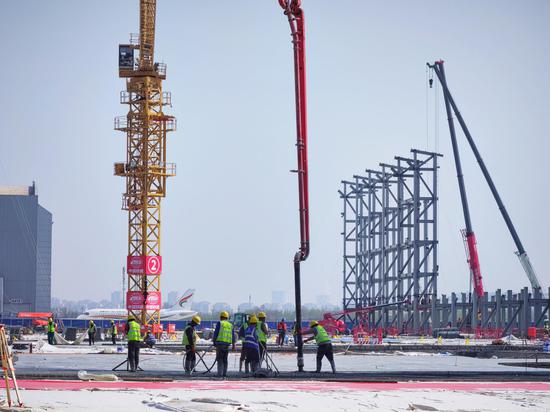



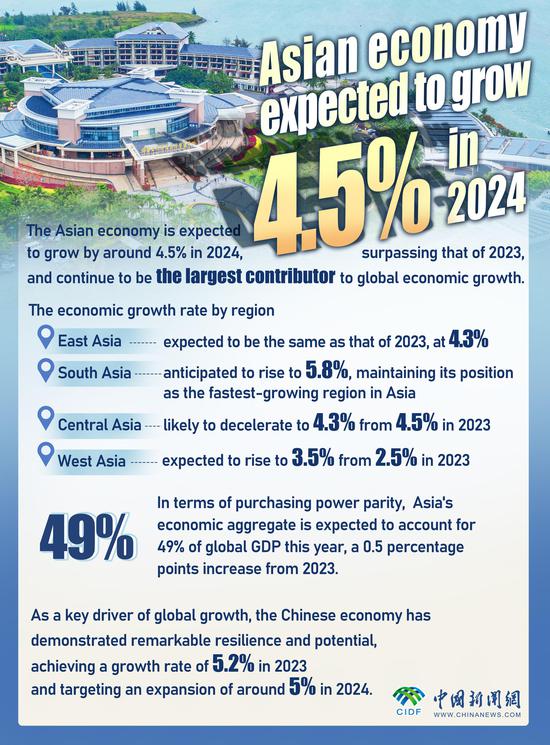





 京公网安备 11010202009201号
京公网安备 11010202009201号